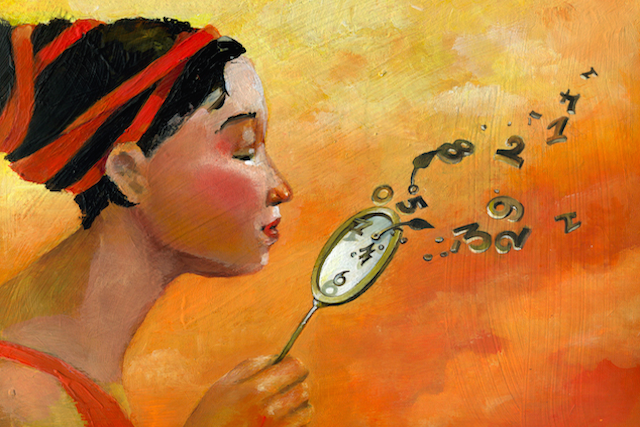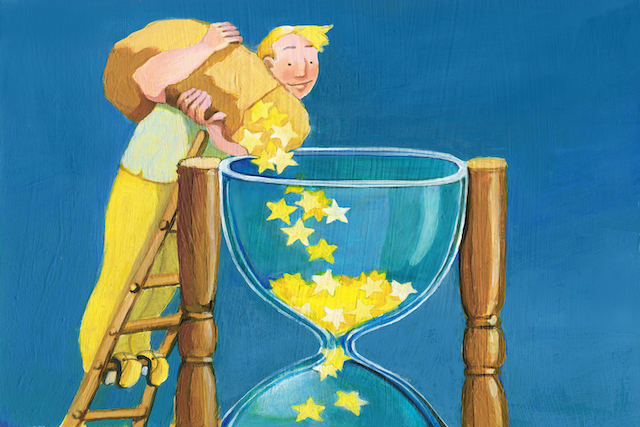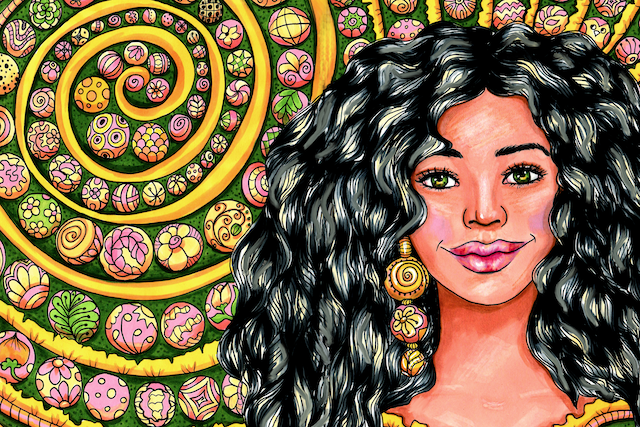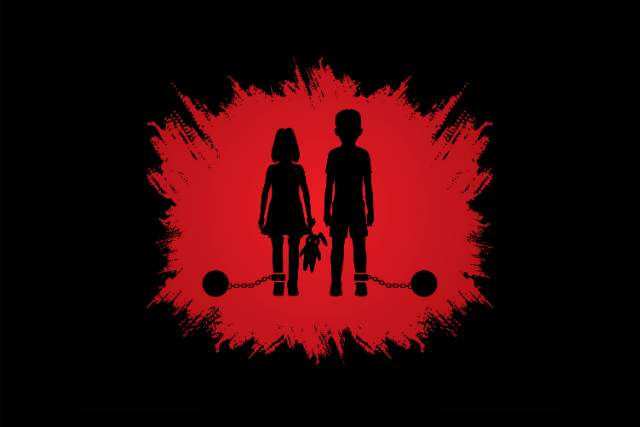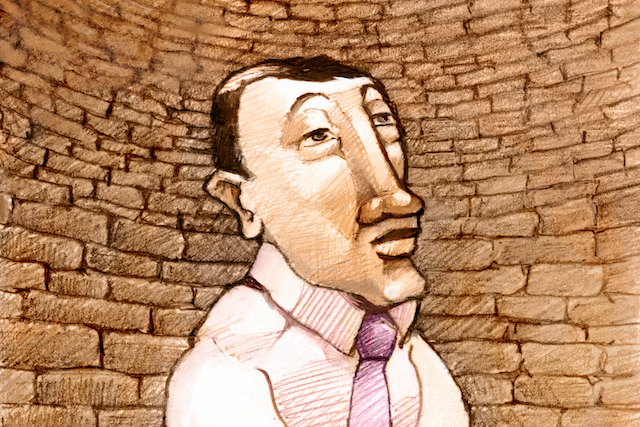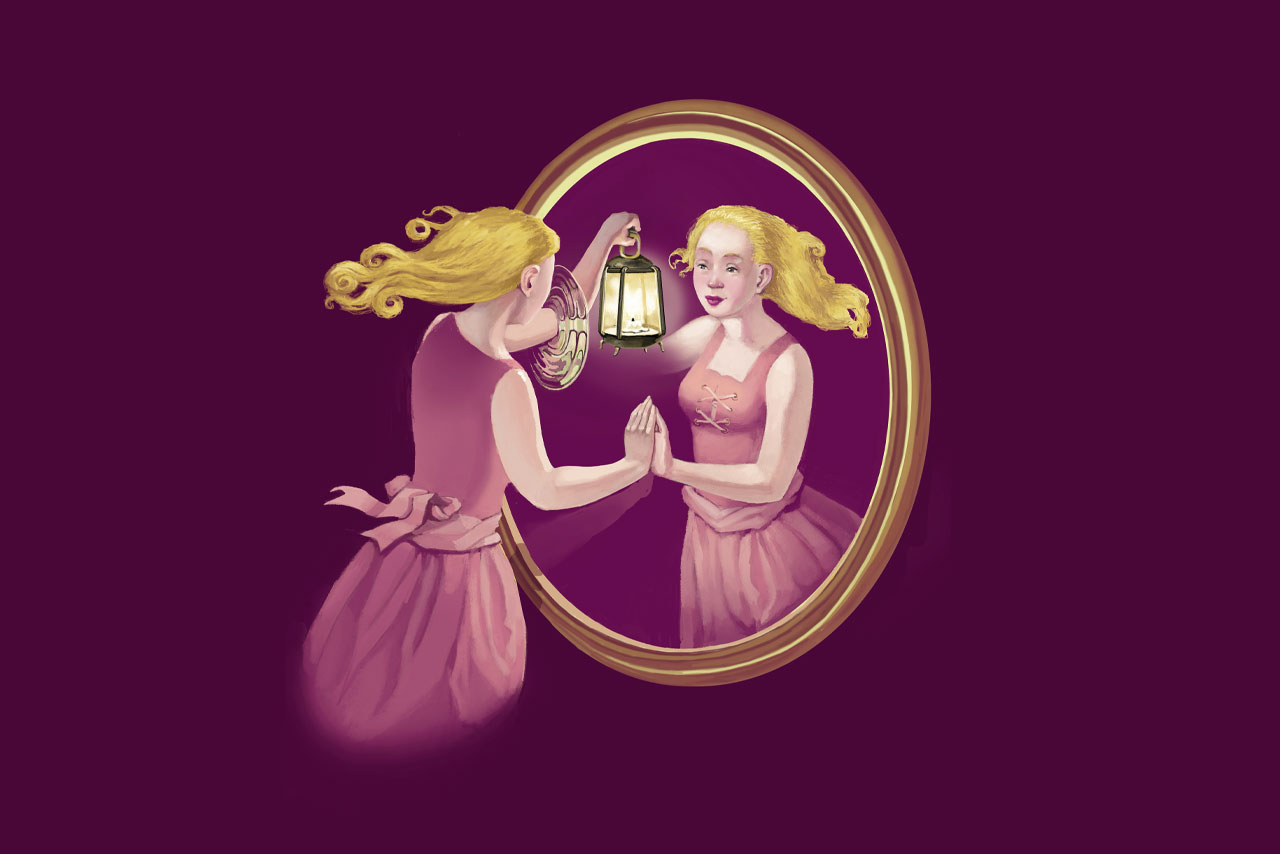
“Time spent in self-reflection is never wasted—it is an intimate date with yourself.” ~Paul TP Wong
I’ve found journaling is a polarizing activity. People love it or hate it. (If you are in the latter group, don’t worry, you’ll still get a lot out of this!) Personally, I’ve hit both ends of the spectrum at different points in my life.
I spent many years in a place of self-loathing. I truly believed I was just not blessed with being born a likable person. And this belief fueled decades of social anxiety, avoiding parties, coming up with lame excuses to leave early, and even being too anxious to call a customer service number to dispute a phone bill!
I didn’t have the tools at the time to dig into what was really going on inside my head. Like a lot of people, even though I knew the benefits and evidence of journaling, I had plenty of reasons why I never did.
I told myself I didn’t have the time, that I was too lazy, I was afraid of what I might uncover, and I just didn’t know where to start.
I didn’t understand what journaling really was.
Journaling is a self-awareness tool. It’s one of many tools you can use to uncover what you’re really thinking and feeling, or what you really want.
But you don’t necessarily have to write down the answers. Just like to get healthier, you don’t have to go to the gym three times per week. Sure, it can help get you in shape faster, but you can also park farther away, take the stairs more often, or do a few squats waiting for the microwave to beep.
There are different paths for different people.
So don’t fret if you think you need to dedicate an hour a day to writing down your deepest, darkest thoughts and feelings.
And if you want to do that, more power to you!!
Why Journaling Helps
Our swirls of strong emotions tend to consume us. They cloud our vision. They make us behave in ways not in tune with our values. And let’s face it, sometimes they just make us feel like crap.
Our emotions are the physical and energetic manifestation of our thoughts. They are how we physically experience the thoughts in our heads.
When the emotion is strong and so loud, it can be hard to hear what thoughts are really driving them. Journaling, especially with prompts, helps to clear through the strong emotions to dig up the stories we’re telling ourselves.
It helps take all the busyness out of our brains and put them on paper so we don’t have to keep getting exhausted managing the swirl. (Fun fact, thinking literally takes energy and burns calories!)
And very often, the thoughts that are causing us anxiety, stress, and depression, and leading us to be so hard on ourselves, are mulling around in our subconscious, just below the surface. When they are down there, there isn’t much we can do with them. We need to bring them to the surface in order to see them, question them, challenge them, or change them.
What Held Me Back the Most from Journaling
Honestly, the biggest reason I didn’t journal was because I didn’t feel like it. Writing felt like more work than I really wanted to put in.
The times that I did sit down and write were truly powerful and cathartic. By doing some digging, I was able to uncover the beliefs I held about myself that kept me feeling small. When I put them on paper, looked them in the face, and saw in black and white some of the things I was thinking, sometimes I couldn’t help but laugh.
But even still, the writing part turned me off most of the time. So I personally switched to doing “mental journaling” more often than not.
A few weeks ago, a former coworker of mine posted something on Facebook that was similar to something I’d posted. Our former boss (whom I respect very much) “liked” her post and not mine. I went spiraling down a hole thinking “does he like her more than me?”
By stopping and doing some mental journaling, I was able to realize that I thought I was less “worthy” than my coworker because he “liked” her post. Seriously, I laughed out loud.
I proceeded to remind myself that my worth is not determined by a Facebook like. But I couldn’t have gotten there if I didn’t stop and do the work.
If you don’t like writing, you can still gain so much from these prompts.
That’s what I want you to take away from this: You don’t have to write pen to paper or fingers to keyboard to benefit.
You can use these prompts to write, or you can use these prompts to think. Sure, you might get more out of it if you dump it all onto paper. But you don’t need to do it that way. Try just thinking about these prompts first if writing isn’t your bag.
Maybe someday you’ll start writing, but it doesn’t have to be today if you don’t want it to be.
Three Styles of Journaling Prompts to Help You Love Yourself
#1 Lists:
1. Three things you did right this week.
2. Two flaws you can forgive yourself for.
3. Five things you are good at.
4. Three times I was courageous.
5. Picture someone who you feel judged by and what you feel that person has judged about you. Then write down all the reasons that opinion of you is wrong.
6. What are two things you need to let go of? (Then picture how you will feel when you let go.)
7. What are five things your past self would love about your current self?
#2 Open ended questions and prompts:
8. Write yourself a permission slip to be imperfect.
9. Write down something you think you failed at, and what you learned from it.
10. Write down something your inner critic has said to you and ask, “What is the positive intent behind this?”
11. What is one thing you want to stop doing, and what is one thing you can do to take a step in that direction?
12. What is something you are procrastinating on, and how would you motivate yourself if you were a cheerleader?
13. What is one way you’re being mean to or unfair to yourself, and what would you say to motivate and support yourself with kindness instead?
14. What is a compliment you received and brushed off because you didn’t feel you deserved it? Now practice fully accepting and appreciating the compliment.
#3 Fill in the blank “Even though” statements:
15. Even though I feel ______, I choose to keep working toward feeling ______ by ______.
16. Even though (person’s name) was ______ to me, I choose to love and accept myself and can show it in action by ______.
17. Even though ______ seems hard or scary, I know I can do hard things. For example, I’ve ______.
18. Even though I don’t like ______ about myself, I appreciate how I ______.
19. Even though I have a hard time accepting ______, I choose to keep working toward acceptance by ______.
20. Even though I didn’t do ______ perfectly, I choose to learn and grow from the experience. I’ve learned that ______.
Self-inquiry can be challenging. But whether you put pen to paper, fingers to keyboard or spend some time deep in thought, the journey will bring you closer to the real you. It’s a journey to self-love which is so worth the ride.
![]()
About Sandy Woznicki
Sandy is a former anxiety-riddled, insomniac stress-aholic turned coach. She helps career-driven women and working moms master their stress and anxiety, to motivate themselves with kindness instead of criticism, to face life’s challenges with Graceful Resilience, and to start truly enjoying life without all that unnecessary worry. Her coaching and free resources like the Stress Detox Mini Course help women to take back control of their lives to live more fully and freely.
Get in the conversation! Click here to leave a comment on the site.
The post 20 Journaling Prompts to Help You Love Yourself appeared first on Tiny Buddha.
from Tiny Buddha https://ift.tt/3aTvkvw



